Taiwan's WHO event role in jeopardy
Updated: 2016-05-10 08:08
By Peng Yining(China Daily)
|
||||||||
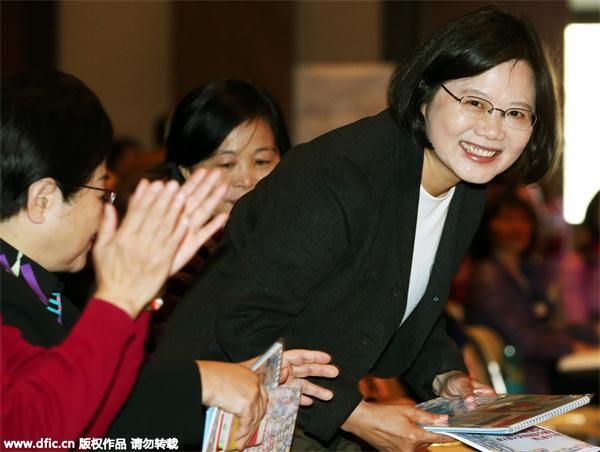 |
|
Democratic progessive party leader Tsai Ing-wen attends to the talent competition of children with mental disabilities in Taiwan. [Photo/IC] |
Participation in assembly since 2009 has hinged on adherence to 1992 Consensus, official says
Without the endorsement of the 1992 Consensus, Taiwan's cross-Straits relations, including the island's participation in activities held by international organizations, will be severely affected, experts said.
After being invited on Friday by the World Health Organization, Taiwan plans to participate in the World Health Assembly from May 23 to 28 in Geneva as an observer, in the capacity of "Chinese Taipei".
Ma Xiaoguang, spokesman for the State Council's Taiwan Affairs Office, said the island's participation is an arrangement based on the One China principle, which is the cornerstone of the 1992 Consensus.
Taiwan's participation in the WHA since 2009 has been a special arrangement made on the political foundation that both sides of the Taiwan Straits adhere to the 1992 Consensus, Ma said.
If Taiwan sabotages the common political foundation for cross-Straits ties, the arrangement will no longer exist, Ma added in a statement.
The mainland has a clear and consistent stance toward Taiwan's participation in activities held by international organizations, which is that there must be a proper arrangement based on the One China principle and made through cross-Straits consultations, said Huang Jiashu, professor of Taiwan studies at Renmin University of China in Beijing.
"Taiwan's participation in international affairs is a result of peaceful development of the cross-Straits relations," said Huang. "If the ties collapse, the island's space in the international community will surely be squeezed."
On May 20, Tsai Ing-wen, chairwoman of Taiwan's Democratic Progressive Party, will assume the island's leadership and deliver a speech.
Huang said that if the new leadership continues to dodge inquiries about its position on the 1992 Consensus and undermines cross-Straits ties, it is possible that the Taiwan delegation would be forced out of the WHA, which begins three days after Tsai takes office.
According to Huang, the DPP wants to continue cross-Straits cooperation and exchanges, which he called "the superstructure", without endorsing the One China principle, which he described as the "substructure".
"Like any construction, the superstructure will not exist without the substructure," Huang said. "The DPP's claims of keeping the status quo are actually a cover for destroying cross-Straits ties."
It was not until 2009-following current Taiwan leader Ma Ying-jeou's election victory and the rapid warming of cross-Straits relations-that goodwill from the mainland enabled Taiwan to participate in the WHA as an observer, said Liu Guoshen, dean of the Taiwan Research Institute at Xiamen University in Fujian province.
"Although the DPP hasn't made clear its stance toward the 1992 Consensus, the mainland has approved their participation in this year's WHA, showing its goodwill and restraint," he said. "I hope the DPP will understand the message sent by the mainland and cooperate with the mainland to protect the interests of people from both sides."
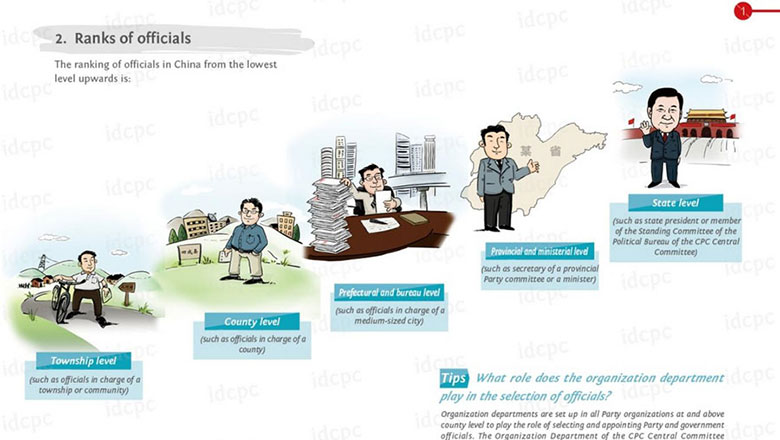
 CPC creates cartoon to show how officials are selected
CPC creates cartoon to show how officials are selected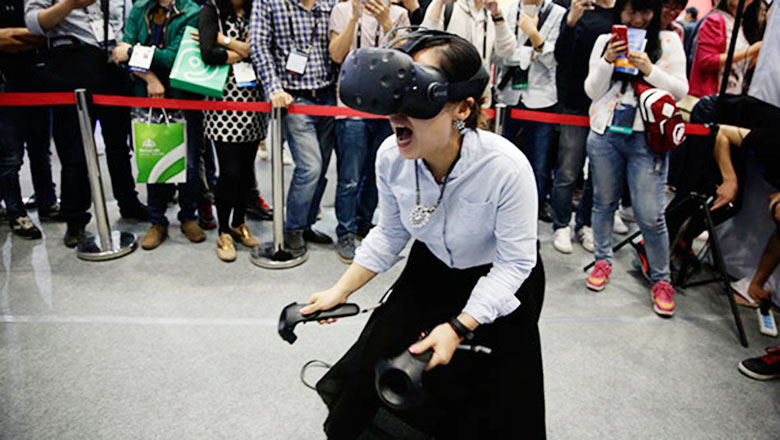
 Top 5 expected highlights at CES Asia 2016
Top 5 expected highlights at CES Asia 2016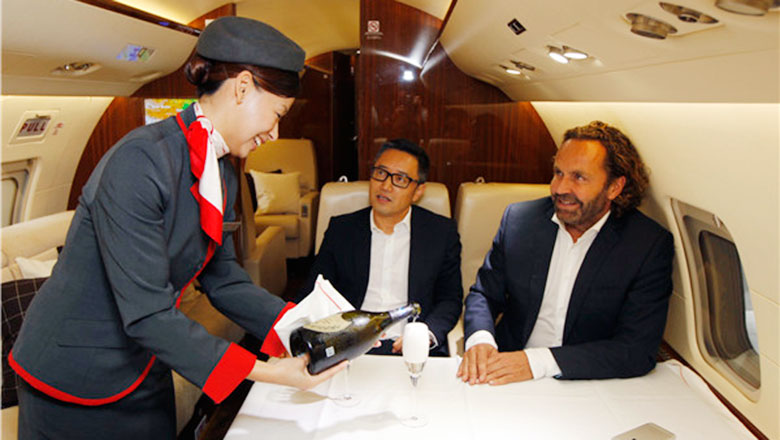
 Business jet market hits air pocket
Business jet market hits air pocket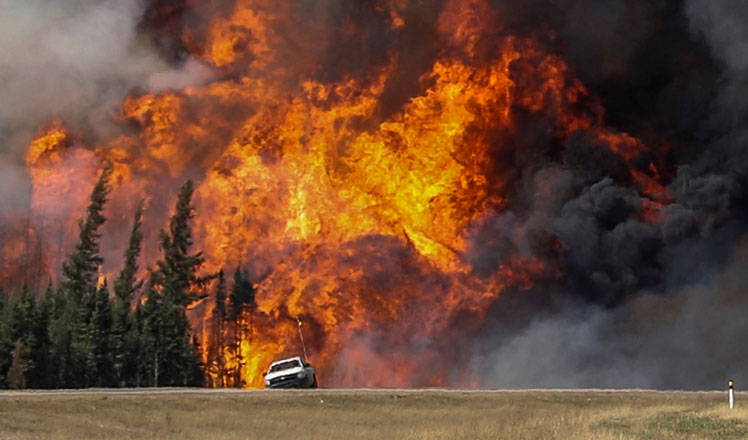
 Canada getting on top of Alberta wildfire, Fort McMurray off limits
Canada getting on top of Alberta wildfire, Fort McMurray off limits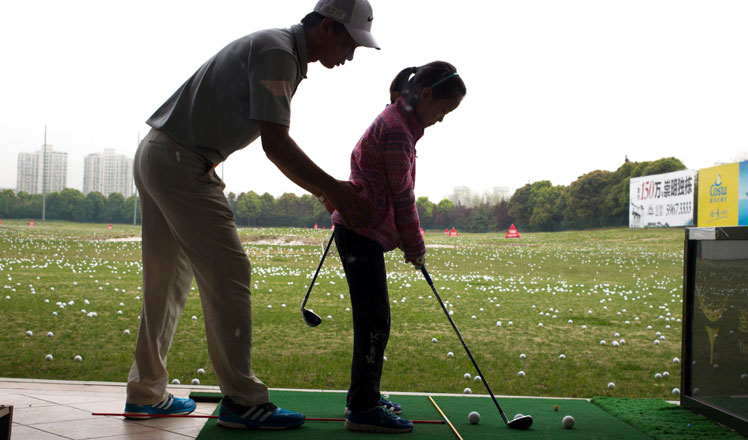
 Young golfers enjoy the rub of the green
Young golfers enjoy the rub of the green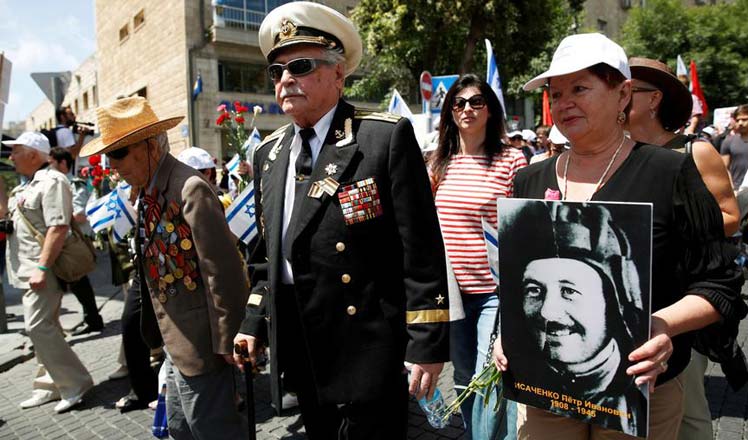
 71st anniversary of victory over Nazi Germany marked
71st anniversary of victory over Nazi Germany marked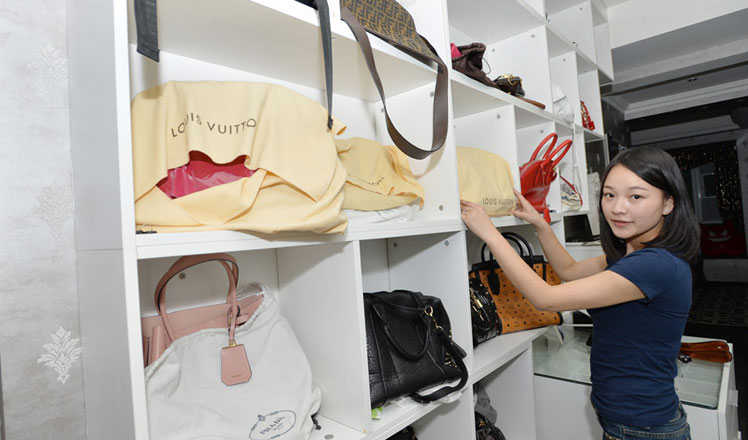
 Post-90s girl organizes others’ messy wardrobes
Post-90s girl organizes others’ messy wardrobes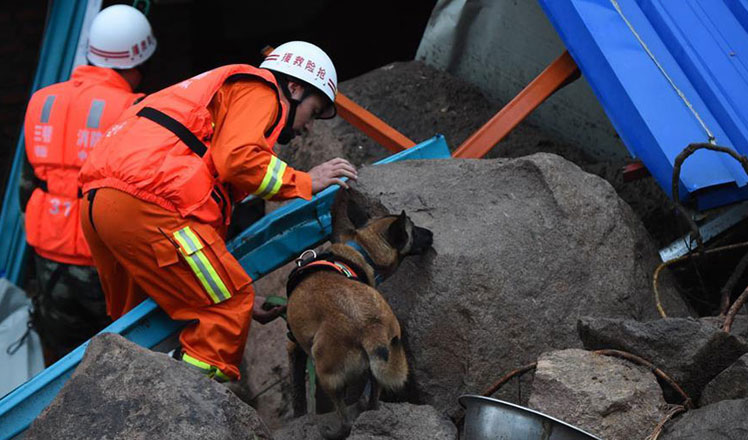
 Landslide hit hydropower station in SE China
Landslide hit hydropower station in SE China
Most Viewed
Editor's Picks

|

|

|

|

|

|
Today's Top News
Liang avoids jail in shooting death
China's finance minister addresses ratings downgrade
Duke alumni visit Chinese Embassy
Marriott unlikely to top Anbang offer for Starwood: Observers
Chinese biopharma debuts on Nasdaq
What ends Jeb Bush's White House hopes
Investigation for Nicolas's campaign
Will US-ASEAN meeting be good for region?
US Weekly

|

|





